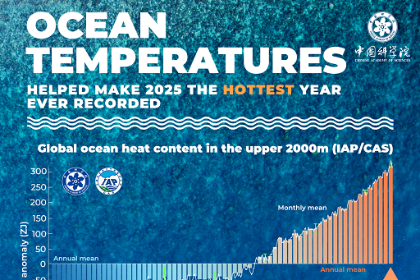UK leaves EU but some remainers become rejoiners


I was in London on Jan 31, the date the UK left the EU after 47 years, and that evening attended a forum at the London School of Economics, enjoying listening to leading experts about Brexit. It has often struck me that many such authorities and academics tend to be remainers, as seemed to be a majority in the previous Parliament. Perhaps not surprising as the many evolutions of the EU from the Common Market, the European Economic Community through to the European Community and finally the European Union itself created much to research, teach and write about. Equally so did concepts such as a Customs Union, The European Exchange Rate Mechanism, the Single European Act, the Single European Market, the Maastricht Treaty and the euro. Political Scientists could analyze the impact of the European Parliament on British politics, why some sought election there rather than in UK assemblies and how Nigel Farage’s party ended up with so many MEPs without having any in the House of Commons. I myself made part of my living leading American university students on study tours around Europe, advising the importance of this developing “United States of Europe” with America’s best friend at the heart of it.
Those days are gone, not that the EU is no longer important to the UK and, after all, we are still covered by EU rules and freedom of movement until at least Dec 31, 2020. The transition period will give much to write about, including here. Eleven months is a short timescale to finalize negotiations. Unlike the Withdrawal Agreement of 2019, where the European Parliament could approve it quickly in December, the final exit deal will need approval of all 27 EU members with the basic framework probably needing to be presented in September. Former EU Council President Donald Tusk believes it can be done as does Boris Johnson, but there are major issues to be resolved.
The UK Prime Minister wants a Canada-style thin trade relationship with the EU and thinks it can move quickly because it is modest. Yet, Canada is a long way from the EU, so issues like road haulage, energy connectivity, sharing out fishing rights and a simple thing like whether UK citizens still enjoy mobile phone and data roaming at no higher cost in EU simply do not apply. EU citizens visiting Canada simply buy a new SIM! Crucially, the Canada-EU agreement does not cover services which are very important to the UK, particularly financial services and the role of the city of London.
Norway got a quite quick trade agreement as part of the European Economic Area because it did include adopting EU rules that created a level playing field. Boris Johnson has been clear that he does not want a trade agreement linked to following EU regulations on environment, workers’ rights, competition policy and anything else which prevents the UK from making its own business rules. Thus the UK and the EU start quite far apart in the negotiations.
It might seem that remainers have no role now, but some will believe that in the future the UK will rejoin the EU and this has been given encouragement by the SNP leader in Scotland wanting the EU to leave a light on for her part of the UK to return as an independent nation. Rejoining is unlikely to happen in the lifetime of many senior politicians of today, but they can take encouragement that the pollsters say that the younger generation favored remaining, so in 15 years, who knows? Meanwhile, the UK will press ahead with negotiating trade deals with China, Japan, USA and perhaps Canada and Australia, which Boris Johnson needs to see completed this decade.
China will be watching the transition closely. President Xi visited the UK in 2015 before the UK Referendum even, and reportedly 40 billion British pounds of deals were agreed on. The visit included London, which as a major International Financial Center has since become the world’s leading offshore renminbi trading hub (capturing around 44 percent of the business by 2019) and, from June 2019, has implemented the London-Shanghai stock connect. Discussions took place on investment, infrastructure and innovation and these are likely to be at heart of a freer UK in negotiations with China.
President Xi visited Manchester, a key gateway into Northern England, and met with the then UK Chancellor George Osborne. Today that same Osborne heads an initiative to redevelop the North as a “Northern Powerhouse” and Boris Johnson has committed to rejuvenation there. China will have good opportunities to get involved with that. Yet some investment in the UK by any non-European nation will depend on what the final trade deal looks like and how readily local manufacture in UK by foreign interests will give access to the wider Europe. All the deals will take time.
Once in place, would the UK general public then want to see those deals scrapped as they must be to rejoin the EU? Only time will tell. Being a rejoiner will need a lot of patience.
Colin Speakman is an economist and an international educator with CAPA: The Global Education Network.
The opinions expressed here are those of the writer and do not necessarily represent the views of China Daily and China Daily website.

































